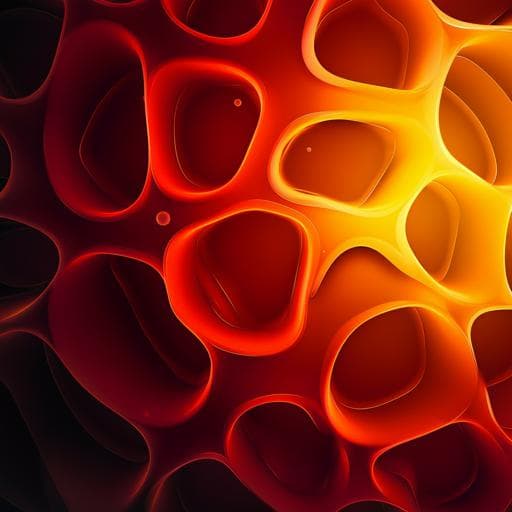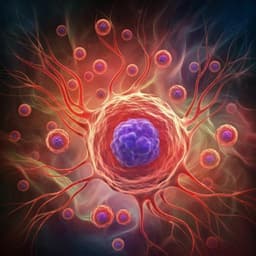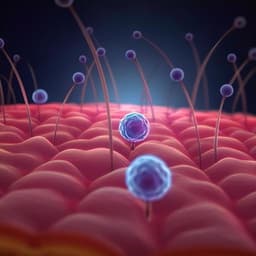
Medicine and Health
3D cell culture using a clinostat reproduces microgravity-induced skin changes
D. H. Choi, B. Jeon, et al.
Discover groundbreaking research on how microgravity influences skin health, revealing critical changes such as increased endothelial thickness and altered collagen expression. This study, conducted by Dong Hyun Choi, Byoungjun Jeon, Min Hyuk Lim, Dong Hun Lee, Sang-Kyu Ye, Seung-Yong Jeong, and Sungwan Kim, highlights the innovative use of a 3D clinostat to simulate microgravity's effects on skin physiology.
~3 min • Beginner • English
Related Publications
Explore these studies to deepen your understanding of the subject.







